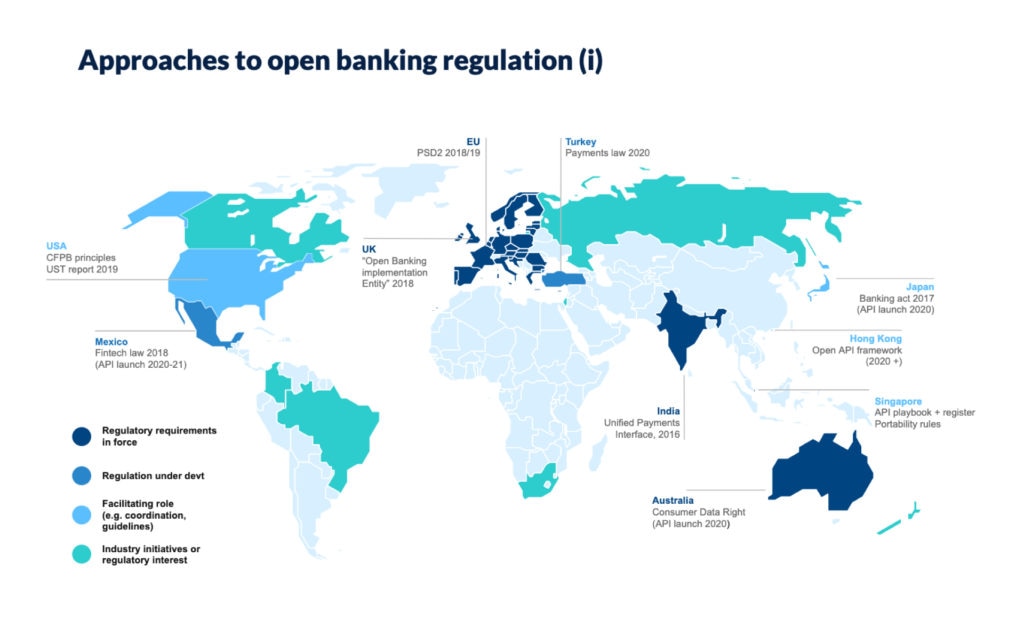
Anti-Dumping Duties: Protecting Domestic Industries from Unfair Trade Practices
In today’s interconnected global economy, goods flow freely across borders, creating opportunities for businesses and consumers alike. However, this open market can sometimes be exploited through unfair trade practices. One such practice is "dumping," and a powerful tool designed to counteract it is the Anti-Dumping Duty (ADD).
This comprehensive guide will break down what anti-dumping duties are, why they are crucial, and how they serve as a vital shield for domestic industries against predatory pricing and unfair competition.
What Exactly is "Dumping"? Understanding the Unfair Advantage
Imagine a foreign company selling its products in your home country for prices that seem unbelievably low – sometimes even lower than what it costs them to make the product! This isn’t always a good deal for the long run; it’s often a sign of "dumping."
Dumping occurs when a company exports a product to another country at a price lower than the price it normally charges in its own domestic market, or lower than its cost of production. It’s like selling something at a massive, unsustainable discount specifically to gain an unfair edge in a foreign market.
Why would a company "dump" products?
- Market Domination: The primary goal is often to quickly gain a large market share, even if it means short-term losses. By selling at extremely low prices, they can force local competitors out of business.
- Predatory Pricing: Once domestic competitors are eliminated or significantly weakened, the dumping company can then raise prices, having established a monopoly or dominant position.
- Excess Production: Sometimes, companies with overproduction might dump their surplus in foreign markets to clear inventory, rather than selling it at lower prices in their own saturated domestic market.
- Government Subsidies: In some cases, foreign governments might subsidize their industries, allowing them to sell products abroad at artificially low prices without incurring losses.
The Problem with Dumping:
While consumers might initially enjoy lower prices, dumping creates a deeply unfair playing field. It can:
- Undercut Domestic Industries: Local companies, which have to cover their actual production costs, cannot compete with artificially low dumped prices.
- Lead to Job Losses: As domestic industries lose sales and market share, they may be forced to reduce production, lay off workers, or even shut down entirely.
- Stifle Innovation: With no incentive to invest or innovate when facing unfair competition, domestic industries can stagnate.
- Create Economic Instability: A vital sector of the economy could be severely damaged, impacting the overall economic health of a nation.
The Purpose of Anti-Dumping Duties: Leveling the Playing Field
This is where Anti-Dumping Duties come in. ADDs are tariffs (import duties) imposed on imported goods that are found to have been dumped in the domestic market and are causing or threatening to cause material injury to a domestic industry.
In essence, the purpose of Anti-Dumping Duties is to:
- Counteract Unfair Advantages: They add a cost to the dumped product, effectively raising its price to a "fair" level that reflects its true market value or cost of production.
- Restore Fair Competition: By nullifying the unfair price advantage, ADDs allow domestic industries to compete on their merits – based on quality, innovation, and efficiency, rather than being crushed by artificially low prices.
- Protect Domestic Industries: This is their core function – safeguarding local manufacturers, producers, and service providers from predatory foreign practices.
- Preserve Jobs and Livelihoods: By ensuring the viability of domestic industries, ADDs help to protect the jobs and economic well-being of thousands, if not millions, of citizens.
- Encourage Investment and Innovation: When domestic industries are protected from unfair competition, they are more likely to invest in new technologies, research, and development, leading to long-term economic growth.
How Anti-Dumping Duties Work: The Investigation Process
Imposing an Anti-Dumping Duty isn’t a snap decision. It follows a rigorous, multi-step investigation process, usually overseen by government agencies, often in line with rules set by the World Trade Organization (WTO).
Let’s simplify the typical process:
-
Petition by Domestic Industry:
- A domestic industry (or a significant portion of it) that believes it is being harmed by dumped imports files a petition with the relevant government authority (e.g., the Department of Commerce and the International Trade Commission in the U.S.).
- The petition must provide evidence of dumping and injury.
-
Initiation of Investigation:
- The government agency reviews the petition to ensure it meets basic requirements. If it does, an official investigation is initiated.
-
Two Key Determinations (Often Concurrent):
- Dumping Determination: The investigating authority examines whether dumping has actually occurred. This involves comparing the export price to the normal value (price in the home market or cost of production). If the export price is lower, a "dumping margin" is calculated.
- Injury Determination: A separate authority (e.g., the International Trade Commission in the U.S.) investigates whether the dumped imports are causing "material injury" or threatening to cause material injury to the domestic industry. This involves looking at factors like lost sales, reduced profits, declining employment, and market share erosion.
-
Preliminary Findings:
- If both preliminary findings indicate dumping and injury, a provisional (temporary) anti-dumping duty may be imposed while the investigation continues. This prevents further immediate harm.
-
Final Determinations:
- After a thorough investigation, including data collection from foreign exporters and domestic companies, public hearings, and analysis, the authorities make their final determinations.
-
Imposition of Anti-Dumping Duties:
- If both final determinations confirm dumping and material injury, a definitive Anti-Dumping Duty is imposed. This duty is typically a percentage of the import’s value, equal to the calculated dumping margin.
- The duties are collected by customs officials at the border.
-
Review and Sunset:
- Anti-Dumping Duties are not permanent. They are subject to periodic reviews (e.g., annual administrative reviews) and a "sunset review" (typically every five years) to determine if the dumping and injury are likely to continue or recur if the duties are removed.
The Benefits of Anti-Dumping Duties for Domestic Industries
The imposition of Anti-Dumping Duties can bring significant relief and long-term benefits to domestic industries under threat:
- Fairer Competition: This is the most direct and immediate benefit. By adding a duty, the price of the dumped import is raised, allowing domestic producers to compete on price without being forced to sell below their cost.
- Job Preservation and Creation: When domestic industries are able to compete fairly, they can maintain production levels, retain employees, and even expand, leading to job creation. This has a ripple effect throughout the economy.
- Protection of Investment: Companies are more willing to invest in new equipment, research, and development when they know their investments won’t be undermined by unfair foreign competition. This fosters innovation and technological advancement.
- Maintaining Production Capacity: ADDs help prevent the erosion of critical domestic manufacturing capabilities, which can be vital for national security and economic resilience, especially in strategic sectors.
- Economic Stability: A healthy and competitive domestic industrial base contributes significantly to a nation’s overall economic stability and growth.
- Deterrence: The existence of anti-dumping laws acts as a deterrent, discouraging foreign companies from engaging in dumping practices in the first place.
Potential Criticisms and Considerations
While crucial for protection, Anti-Dumping Duties are not without their complexities and potential downsides:
- Higher Consumer Prices: In the short term, consumers might face higher prices for the affected imported goods if the duty is passed on.
- Retaliation: The imposition of ADDs can sometimes lead to retaliatory measures from the exporting country, potentially impacting the domestic industry’s exports.
- Complexity and Cost: The investigation process is often lengthy, complex, and expensive, requiring significant resources from both the petitioners and the government.
- Trade Distortions: Critics argue that while ADDs correct one distortion (dumping), they can create others by restricting free trade.
- Not a Panacea: ADDs address unfair pricing, but they don’t solve all problems faced by domestic industries, such as inefficiencies or changing market demands.
Navigating the Global Trade Landscape
Anti-Dumping Duties are a legitimate tool within the framework of international trade law, primarily governed by the World Trade Organization (WTO) Anti-Dumping Agreement. This agreement sets out strict rules for how countries can investigate and impose ADDs, ensuring transparency, fairness, and due process.
It’s a delicate balancing act: nations want to promote free and open trade, but they also have a right and a responsibility to protect their domestic industries from genuinely unfair and harmful practices. Anti-Dumping Duties, when applied correctly and judiciously, serve as a vital mechanism to maintain that balance, ensuring that competition remains fair and that domestic industries can thrive.
Conclusion: A Shield for Fair Trade
In the dynamic world of international trade, the concept of "fair play" is paramount. Anti-Dumping Duties are more than just tariffs; they are a critical defense mechanism designed to prevent predatory pricing from undermining a nation’s industrial foundation. By leveling the playing field, ADDs enable domestic industries to compete on their true merits, safeguard jobs, foster innovation, and contribute to the economic well-being of the country.
While their application requires careful consideration and adherence to international rules, Anti-Dumping Duties remain an indispensable tool for governments committed to protecting their domestic industries and ensuring a trading environment that benefits everyone – fairly.



Post Comment